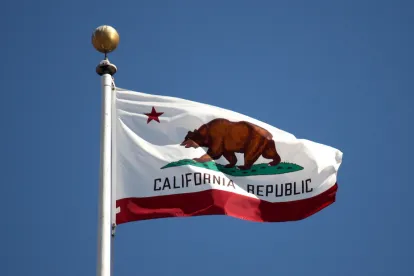For those of you who may have been wondering whether the California Attorney General’s office was still open during the statewide stay-at-home order triggered by the coronavirus, the answer is yes – as evidenced by a statewide misclassification lawsuit filed in San Francisco by the Attorney General, along with the city attorneys for Los Angeles, San Francisco and San Diego.
The lawsuit alleges that ride share companies have unlawfully misclassified drivers as independent contractors under AB 5, the controversial statute that went into effect on January 1, 2020.
As we previously wrote, AB5 codified and expanded the “ABC” test adopted by the California Supreme Court in Dynamex Operations West, Inc. v. Superior Court for determining whether workers in California should be classified as employees or as independent contractors.
To satisfy the “ABC” test, the hiring entity must demonstrate that:
-
the worker is free from the control and direction of the hiring entity in connection with the performance of the work, both under the contract for the performance of the work and in fact; and
-
the worker performs work that is outside the usual course of the hiring entity’s business; and
-
the worker is customarily engaged in an independently established trade, occupation, or business of the same nature as the work performed.
Not unlike the class actions already pending against the ride share companies in California, the Attorney General’s suit alleges that the companies do not satisfy the “B” prong of the “ABC” test because the drivers are engaged in work that is within the usual course of the companies’ businesses. The lawsuit also alleges that the “C” prong is not satisfied because the drivers are not engaged in their own transportation businesses.
The suit seeks penalties going back four years, as well as an injunction to prevent the companies from classifying the drivers as independent contractors.
When will these challenges end? Perhaps in November.
These ride share companies, along with several food delivery companies, have already committed more than $100 million to a November ballot initiative in which California voters will be asked to carve these businesses out of AB5 such that drivers can be treated as independent contractors. Of course, only time will tell whether that initiative will be successful. But there is good reason to think that it may not only succeed, but that it might pass overwhelmingly if voters are concerned that those companies might choose not to offer their services in California anymore should the initiative fail – or raise their prices dramatically.
Do California voters want to go back to the days before ride share and food delivery companies? Do they want to have to figure out how to get home after a night on the town, or how to get to the airport, or how to get a meal from their favorite restaurant? Are they willing to pay more for those services than they do now? Those may be the questions on voters’ minds in November.



 />i
/>i
